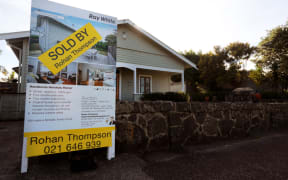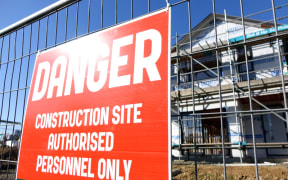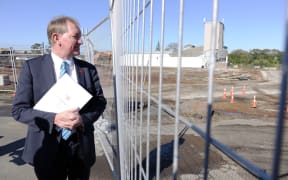Road charges and more public transport are needed in Auckland and Wellington to reduce bottlenecks that cost billions of dollars in lost productivity, an international report says.
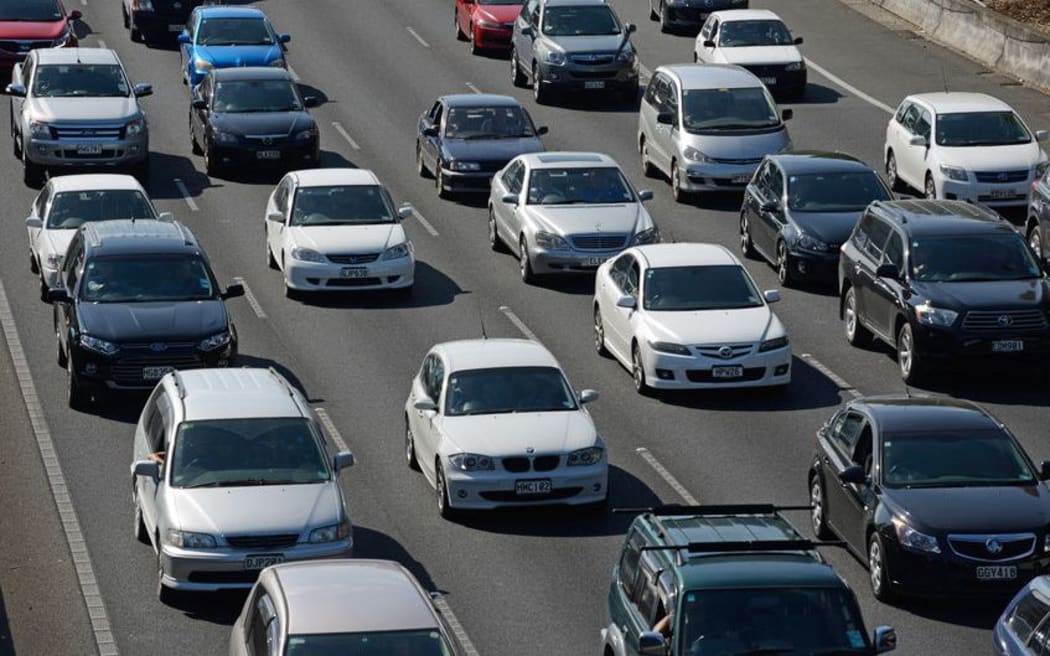
Afternoon rush hour on an Auckland motorway Photo: 123rf
The Organisation for Economic Cooperation and Development report says Auckland and Wellington are the second and third most congested cities in Australasia, behind Sydney.
In Auckland alone, it estimates the city's congestion costs $1.25 billion a year in lost productivity.
Senior economist responsible for the report David Carey told Morning Report more motorways as well as urban roads should be tolled.
"Congestion charging should be introduced and that would reduce the demand in peak time for traffic and then there should be more provision of road infrastructure and also public transport."
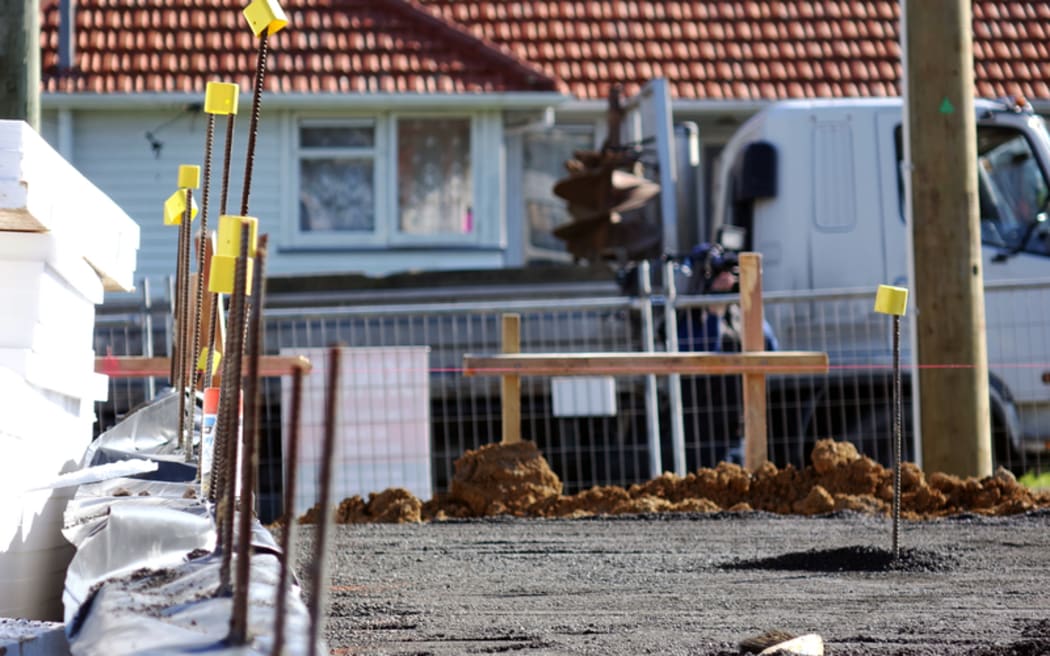
Part of a housing development in the Tamaki area in Auckland. Photo: RNZ / Kim Baker Wilson
In the biennial report the OECD echoes warnings from the Reserve Bank that Auckland's superheated housing market is a risk to the economy and urges the government to increase housing supply in the region.
Read the full OECD Survey of New Zealand 2015 here.
House prices have risen markedly over the past few years and, relative to long-run averages, are high relative to income and rents by OECD standards, the report says.
The largest increases have been in Auckland, where housing affordability is poor by historical standards, despite relatively low interest rates.
In addition, house price appreciation has boosted household debt to high levels relative to incomes
"Housing poses some risks to the otherwise sound financial sector," the report said.
Mr Carey said says rising property prices were also having a negative impact now.
"The house prices are higher than they need to be and that's having a lot of negative effects on people's wellbeing and on Auckland's growth."
Inequality
While New Zealand is doing well compared to many other countries, there are inequalities in living standards and wages are low.
The government should do more to stem the rise in poverty and inequality in New Zealand, the report says.
Greater focus is needed on improving the lives of the most disadvantaged, particularly children from low income families.
The OECD says the economic reforms in the 1980s and 1990s are still being felt.
Lower and middle income families suffering the most, due in part to higher than average unequal employment prospects and shortage of affordable housing for low-income families.



